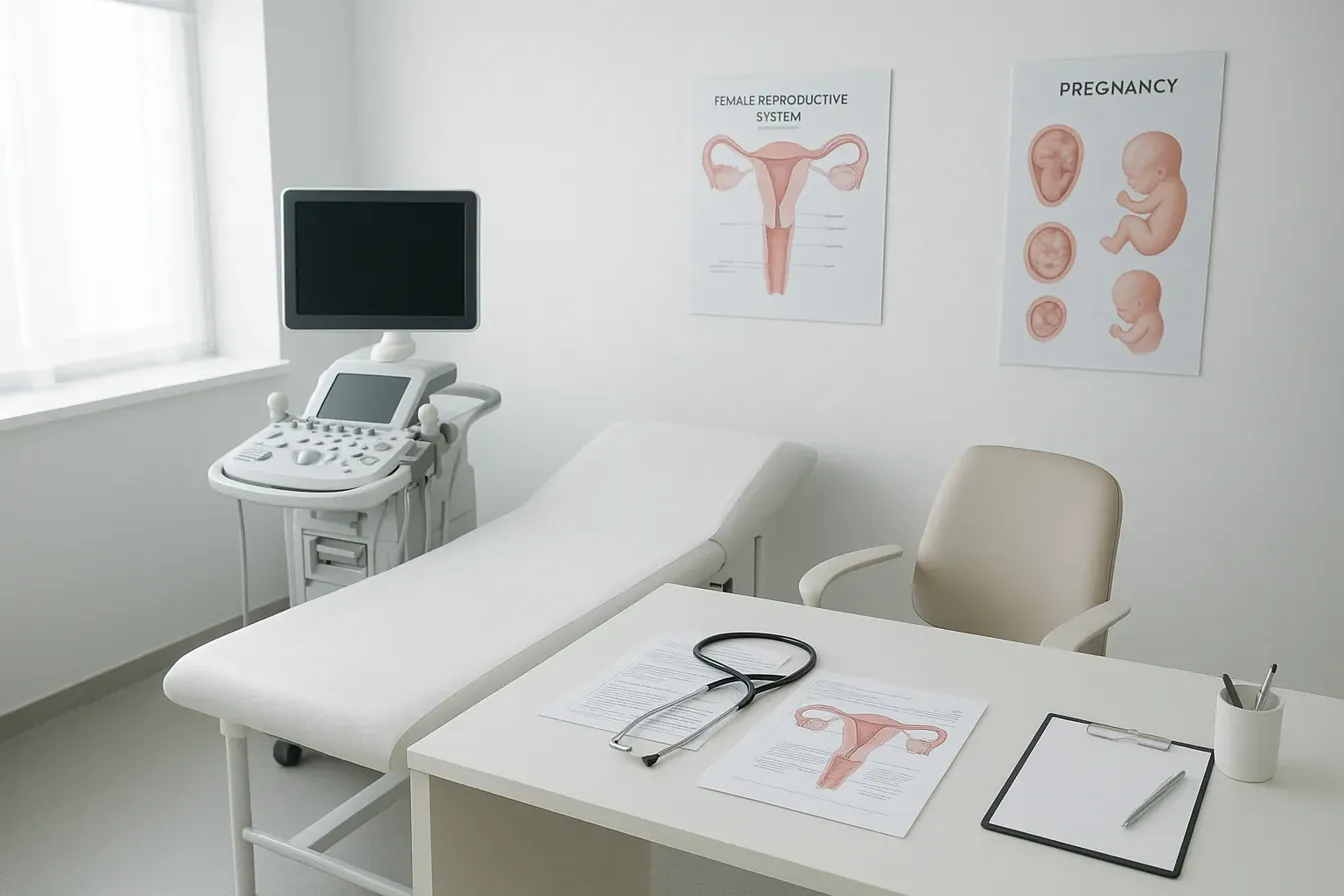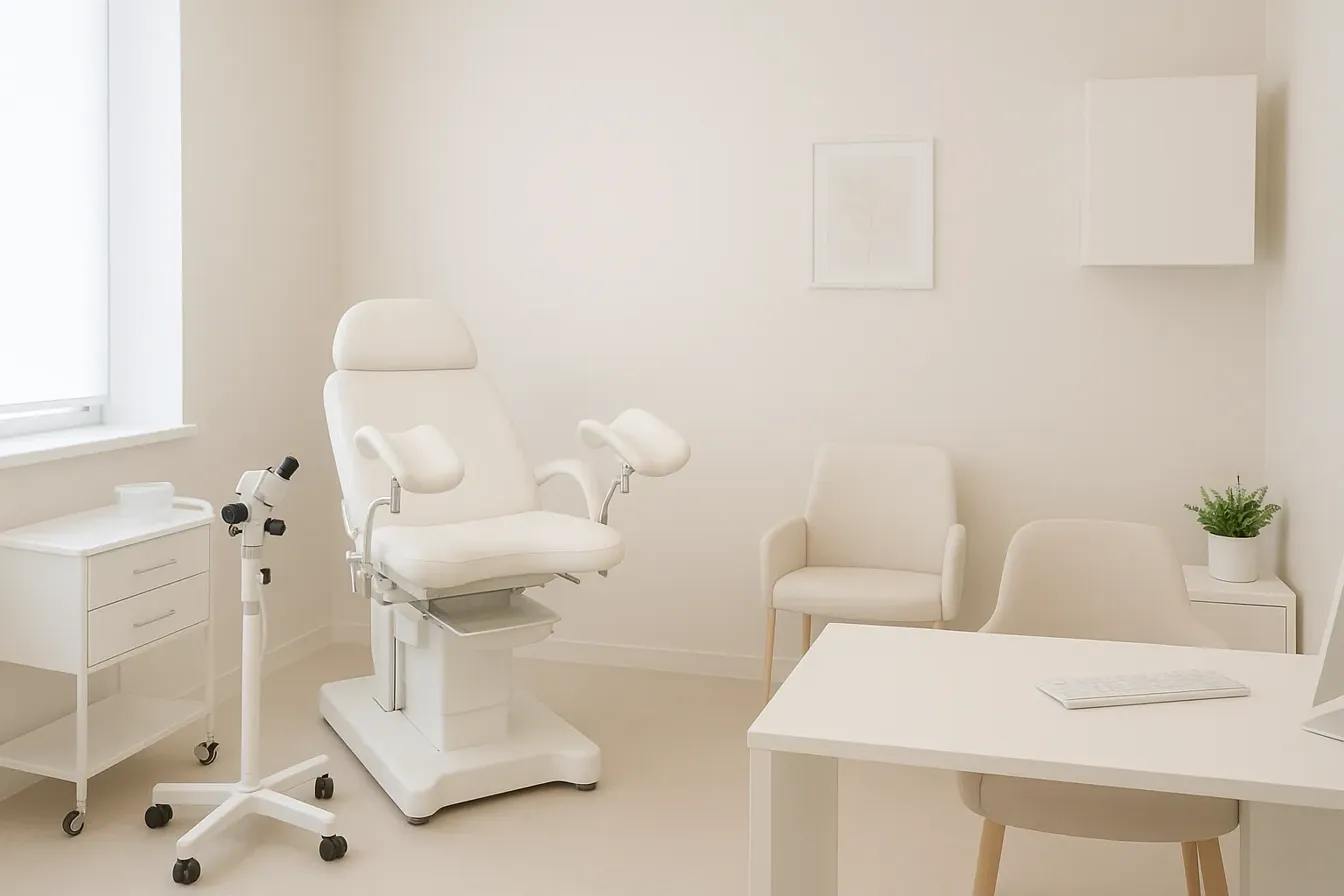Navigating Your Birth Control Choices: Tailoring Options to Fit Your Unique Lifestyle

Endometriosis is a common but complex gynecological condition that affects nearly 190 million women around the world. Because of the complexity of endometriosis, there is a lot of misinformation circulating about the condition and its health complications.
At Raveco Medical, our skilled OB/GYNs have extensive experience diagnosing, treating, and managing endometriosis and its symptoms. We also provide educational resources to help you cope with endometriosis, so you can continue to enjoy a high-quality, active life.
An overview of endometriosis
Endometriosis occurs when the lining of your uterus (endometrium) grows outside of the organ. The tissue can cover other organs and soft tissues nearby depending on how far it grows.
Problems result because the endometrial tissue continues to act like it usually does – thickening and breaking down each month during your menstrual cycle. Tissue outside of the uterus has no way to leave your body, so it becomes trapped inside, which can cause:
- Heavy bleeding
- Pain during sex
- Infertility
- Difficulties urinating or having bowel movements
You might also experience persistent gastrointestinal issues, such as diarrhea, constipation, nausea, and bloating.
There are several treatments available at Raveco Medical to ease symptoms of endometriosis and address complications like infertility. Our providers help you make the most informed decision about the right treatment for you.
We also ensure you understand the realities of living with endometriosis, so you can care for yourself properly.
Busting common myths about endometriosis
Endometriosis is a misunderstood condition that often goes undiagnosed. To ensure you get the medical attention you need to prevent related complications, here are some myths and facts about the disorder:
Myth 1: Endometriosis always causes pain
FACT: One of the reasons women aren’t correctly diagnosed with endometriosis is that they don’t experience pain.
Many times, a diagnosis comes only when a woman is having difficulties becoming pregnant and undergoes diagnostic imaging tests of her uterus and other reproductive organs.
Myth 2: Endometriosis gets better in time
FACT: There is some truth that endometriosis can resolve when you reach menopause, but it’s important to note that some women will still experience pain long after their childbearing years have ended.
If your ovaries produce any amount of estrogen, endometrial tissue can still grow abnormally. Continued tissue growth can lead to severe pelvic pain and gastrointestinal issues.
For this reason, many women choose to have surgery to remove excess tissue along with their uterus and other reproductive organs.
Myth 3: Endometriosis is preventable
FACT: If you have endometriosis or related complications, don’t feel like you’ve done anything wrong. Since the underlying cause of endometriosis isn’t well understood, there are currently no guidelines in place to prevent you from developing the condition.
However, there are strategies you can use to regulate your estrogen levels. Since the estrogen hormone supports endometrial tissue growth, you should follow a healthy diet and get regular exercise to maintain a healthy body weight.
We can also recommend low-estrogen birth control if you already have an endometriosis diagnosis.
Contact us at Raveco Medical in Forest Hills or Woodside, New York, to learn more about our endometriosis services. Simply call or book a consultation online today.





.png)